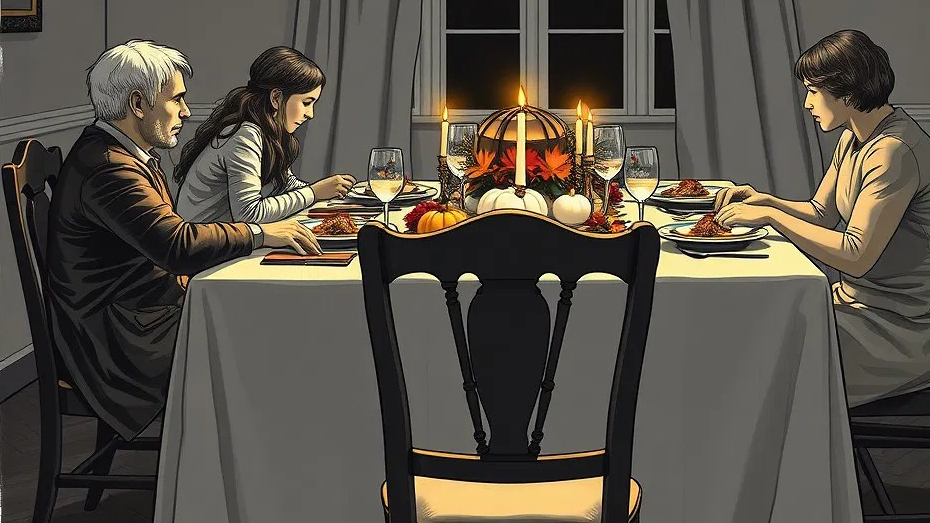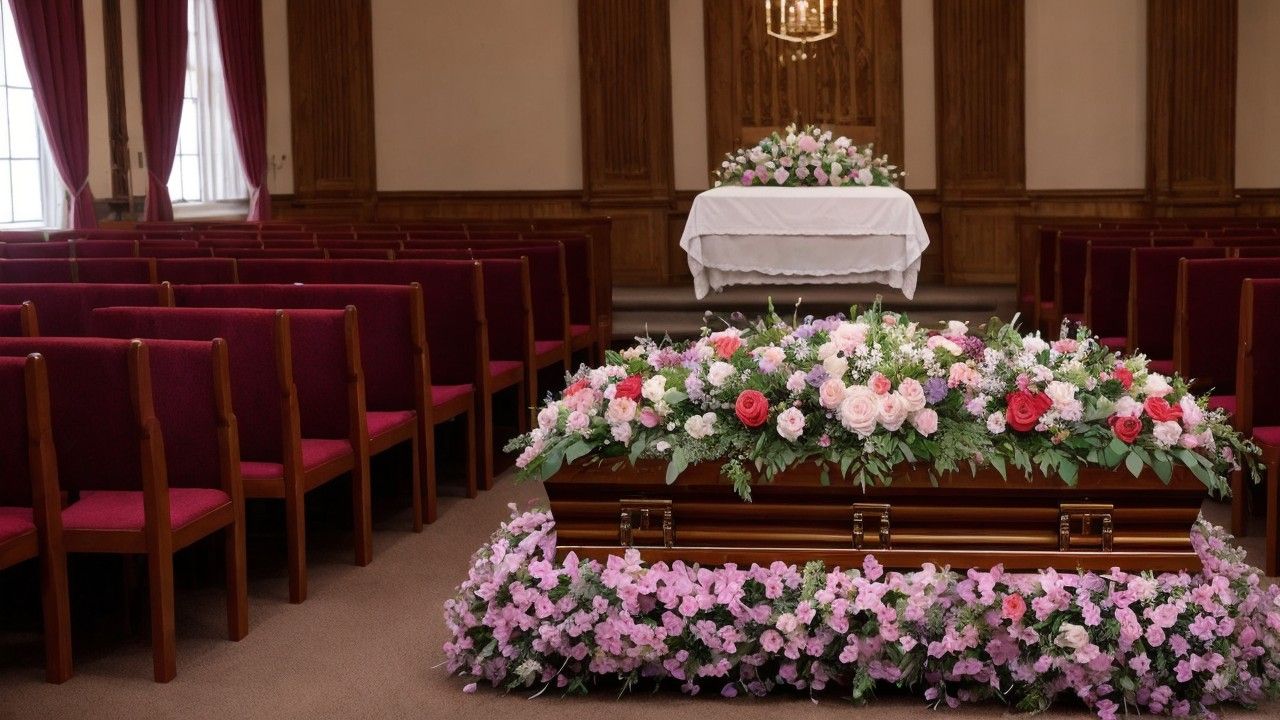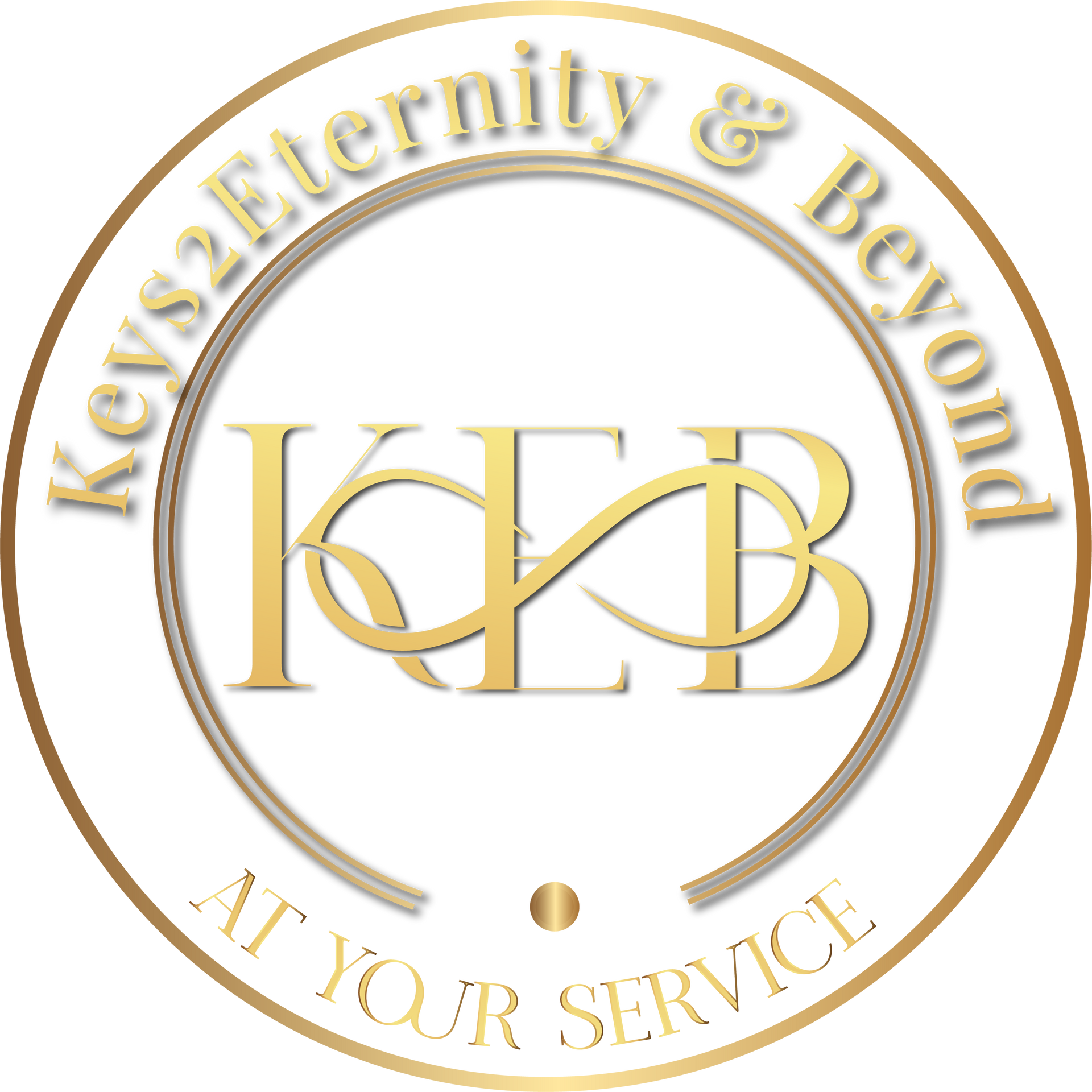Find a Trusted Proivder
Helpful Links
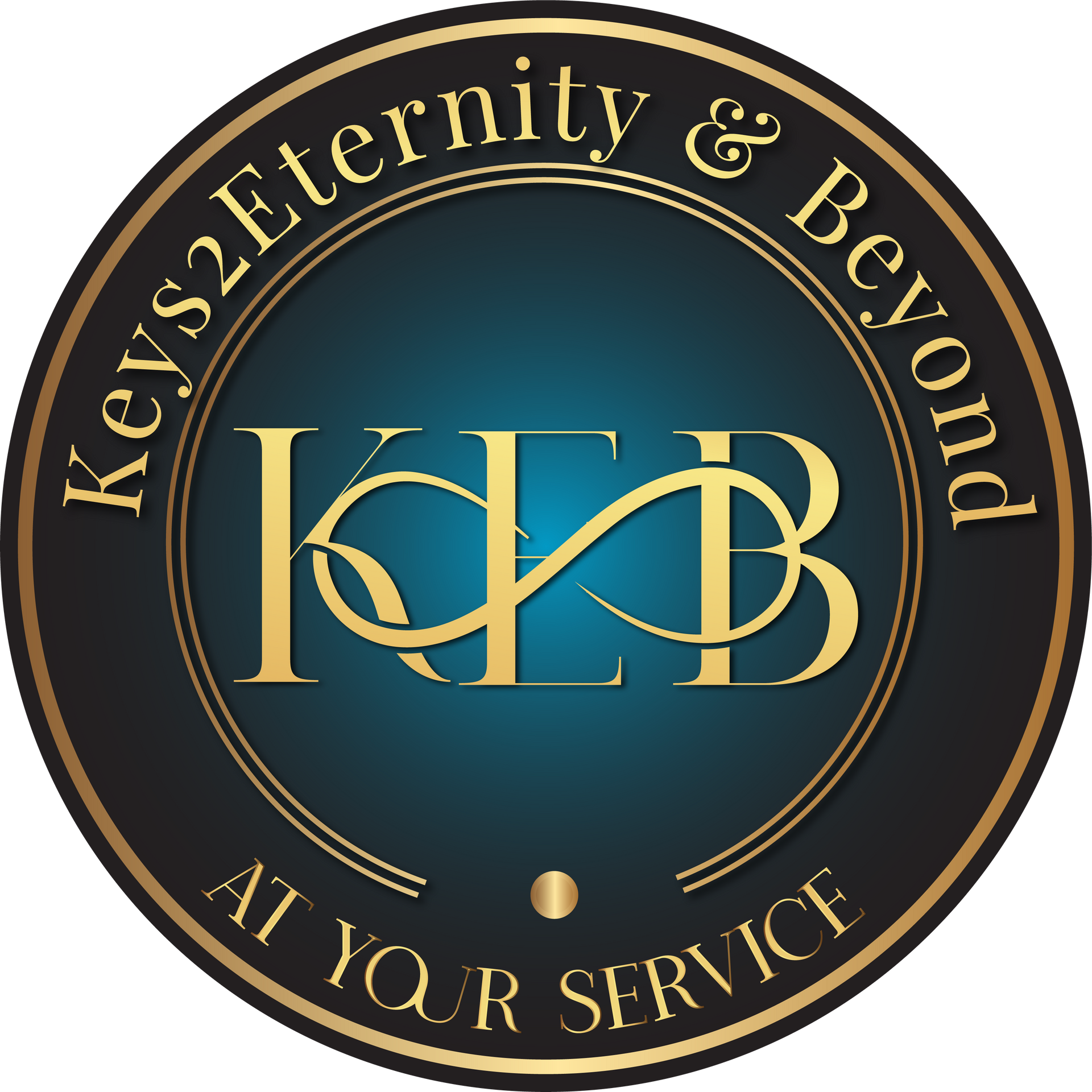
Business Hours
- Mon - Fri
- -
- Sat - Sun
- Closed
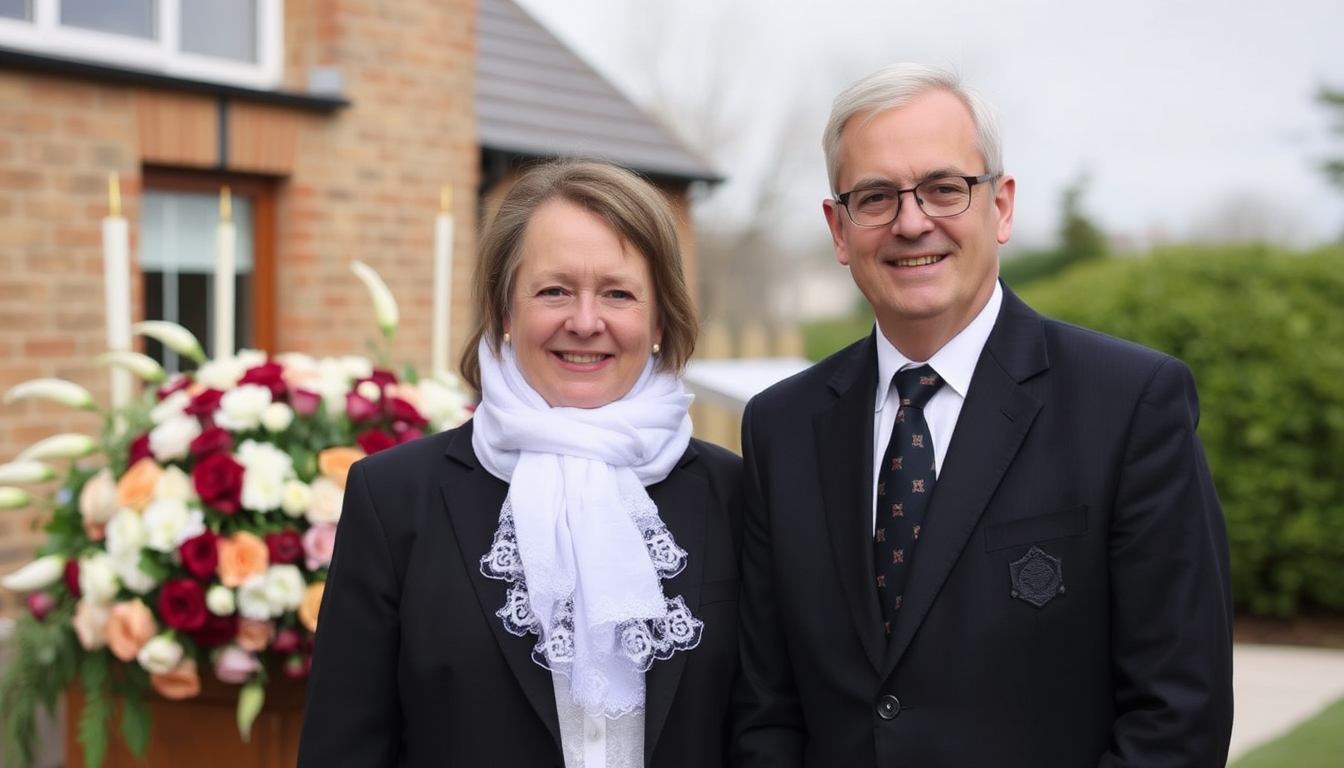
Share This Article
For those of us who frequent weddings, we understand precisely what officiants do. They are independent professionals who work with couples to plan the perfect wedding ceremony and conduct the proceedings from start to finish.
It's interesting that similar trained professionals also preside over funeral ceremonies. They're commonly known as funeral celebrants. So what do they do, and can they play the funeral director's role in planning a successful funeral?
What Is A Funeral Celebrant And What Do They Do
A funeral celebrant works with a surviving family to design a personalized ceremony that honors the deceased and meets the family's preference. To achieve this, they ask as many questions about the deceased as possible and then use this information to curate a truly unique service.
After understanding the loved one's personality and the family's needs, they organize a personalized service:
the type of music to play, the kind of readings and poems to present, and which rituals to include or omit from the service.
The family determines the extent of the funeral celebrants' roles during the service. Some families choose to sit back and let the celebrant handle everything, while others prefer to take on some duties, like presenting readings and leading prayers.
Funeral Director vs. Celebrant
The duties of a funeral director may be similar to those of a funeral celebrant to some extent. However, according to the New York State Funeral Directors Association, the job descriptions of these two professionals differ significantly. For example, the role of a funeral director entails the following:
- Organizing and overseeing body removal from the place of death as a first responder.
- Supporting the bereaved during the early stages of grief.
- Preserving the remains per the law and wishes of the family.
- Helping the family handle the paperwork.
- Coordinating and directing funeral services.
- Assisting the family in sourcing specific funeral products.
From this job description, we can see that funeral directing is demanding, and the responsibilities can take days and weeks after the funeral. However, the job of a funeral officiant begins at the funeral planning stage. Theirs is to ensure a truly personalized ceremony. Their work usually ends after the ceremony is over.
Some funeral directors can act as officiants or work with an independent funeral celebrant to ensure efficiency. Unless the officiating professional is a licensed funeral director, their job doesn't include body preservation or similar tasks associated with aftercare.
A funeral celebrant must have relevant training and certification before legally serving in such a capacity.
The Celebrant Foundation & Institute is one of many organizations offering trained Work With Both A Funeral Director And Funeral Officiant.
Most people often wonder if they can enlist the services of a funeral director alongside a celebrant. Although the latter are independent contractors who can work anywhere, anytime, and with different clients, they sometimes collaborate with funeral homes for seamless service delivery.
You can use both simultaneously in an arrangement where the director handles the care, preparation, logistics, coordination, and other legal and administrative tasks. The funeral celebrant will be tasked with handling the emotional and personal aspects of the ceremony.
While you
need a funeral director at every stage of planning the funeral, having a celebrant is optional, and the decision to use or not to use one depends entirely on the family. Where the director handles most of the crucial responsibilities, often the family can forgo a celebrant and work with a religious figure such as a priest, pastor, or similar ordained minister.
This works in an arrangement where the deceased or family is affiliated with a local religious organization, which could be a religious service. With traditional funerals, the FD must be involved in each process until the funeral is over. However, a celebrant is the best person to work with when hosting a memorial or celebration of life before and after the funeral. They'll most likely come in handy at the funeral reception.
A Word On Religion
Most members of the clergy are trained to perform the duties of a celebrant while also leading religious rituals. However, a professional celebrant should be able to incorporate religious themes into any service if the family wishes to do so. For families looking for a personalized ceremony, a celebrant is always their first choice. So, to answer the initial question: can you work with a funeral director and a funeral celebrant?
The answer is a resounding yes. Modern funeral rituals allow for various options, and families can work with as many professionals as they can afford to help plan a personal ceremony that meets their preferences and honors their loved one's wishes. Both the director and the celebrant play vital roles that ensure a successful ceremony.
If you're having a traditional funeral complete with a body for burial, the funeral director must be there. They must be versatile and flexible enough to handle both roles. Alternatively, you can onboard the celebrant to work alongside the director and enjoy the best of both services. However, it's best to
work with a clergy or celebrant if you're organizing a memorial service without a body.
Related Articles
Related Articles



